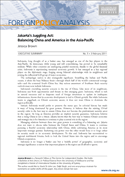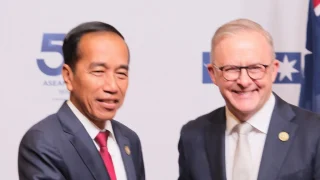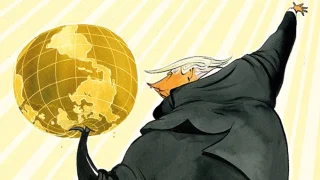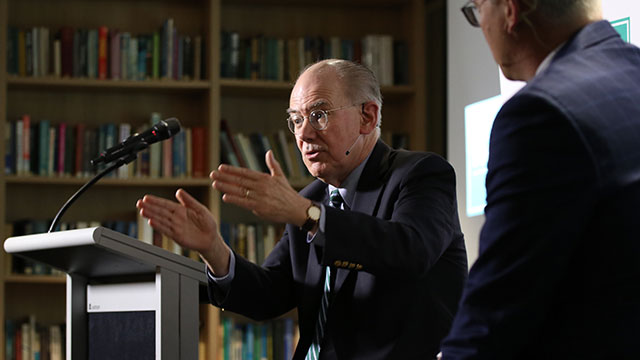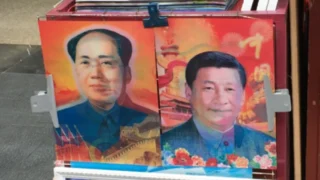
Indonesia, long thought of as a basket case, has emerged as one of the key players in the Asia-Pacific. Its democracy, while young and still consolidating, has proved to be remarkably resilient. While other countries are undergoing painful recessions, thanks to the global financial crisis, Indonesia is experiencing sustained economic growth. It has emerged as a key regional player on the diplomatic stage, forging strong bilateral relationships with its neighbours and joining the influential G20 group of major economies.
The archipelagic nation is also strategically significant. Straddling the Indian and Pacific Oceans, it abuts the busy Malacca Strait—through which half of the world’s commercial tonnage sails—and the contested South China Sea. Any serious assessment of Southeast Asia’s security outlook must now include Indonesia.
Indonesia’s overriding security concern is the rise of China. Like most of its neighbours, Indonesia sees both opportunities and threats in this emerging giant. Indonesia, which is rich in natural resources and in desperate need of foreign investment to update its inadequate infrastructure, knows its economic development is tied to China’s growth. But while Indonesia wants to piggyback on China’s economic ascent, it does not want China to dominate the region politically.
Instead, Indonesia would prefer to preserve the status quo. Its colonial history has made it wary of being dominated by great powers. However, it believes that the existing US-led security order is the best way to ensure China does not become the predominant security actor in the region. As long as America provides an implicit security guarantee, Indonesia believes that a rising China is not a threat. Jakarta knows that the best way to balance China’s economic and strategic rise is for America to continue to play a central role in the region.
Managing relations between these two great powers is something of a balancing act. Jakarta does not want to choose sides between the United States and China. It wants to continue pursuing a fruitful economic relationship with China, while cultivating America as its most important strategic partner. Eschewing one power over the other would force it to forgo either its security needs or its economic development. To this end, Indonesia has recommitted to regional multilateral forums, both to lock the United States into the region and to encourage China’s cooperation.
Indonesia is no longer a basket case but a ‘middle power’ of geographic, economic and strategic significance: a nation that important players in the region call ill afford to ignore.
